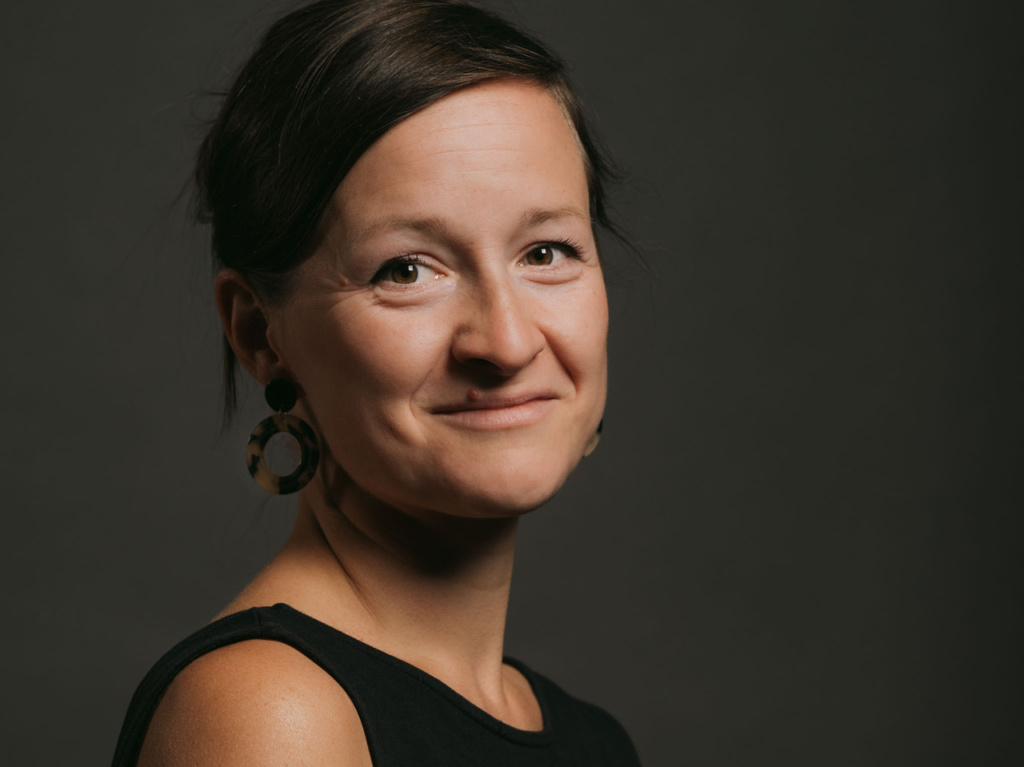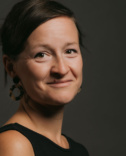I am a political anthropologist working at the intersection of political violence, political economy and material culture. My work has fundamentally circled around the challenge of engaging ethnographically with the Armenian genocide, as an event that lies at the foundation of the Turkish nation-state but whose reality and reverberations have always been transnational. In my PHD dissertation, I approached this challenge from the perspective of the Armenian community in Germany and Turkey, focusing on their subjection to and negotiation of particular regimes of citizenship and politics of history as manifested both nationally and transnationally (such as through the dissemination of a particular ‘expertise’ in matters of confronting the past from Germany to Turkey, and through the dissemination of state-sponsored genocide denialism in Germany). In 2012 my focus shifted from Berlin and Istanbul and the Armenian communities there to a provincial town in the far East of Turkey, also known or referred to as Western Armenia and Northern Kurdistan. Here, I did fieldwork on an urban regeneration scheme in a formerly Armenian historical quarter as well as on various attempts at mobilizing Armenian material remains with a view to thereby generate and capture value, particularly through treasure hunting and forms of heritage-making in a context of denial. My analytic interest turned towards the history and present of dispossession, property regimes and forms of racialization, which are central questions at the heart of the book that is coming out of this research, tentatively entitled ‘Temptations in Ruins: Chasing Value in Post-Genocide Turkey’. My broader concern with the relation between state-formation and forms of accumulation also finds expression in a special issue co-edited with Erdem Evren for Anthropological Theory entitled ‘Sovereign extractions’ (2024). Through my work on Western Armenia/Northern Kurdistan/Eastern Turkey, I am generally interested in bringing the case of the Ottoman Empire and its successor state, the Republic of Turkey, to debates on settler colonialism, indigenous dispossession and racial capitalism. Meanwhile I continue to think about the intersection between memory culture and migration in Germany and the broader geopolitical relations between Germany and Turkey as they manifest in different realms of everyday life.

